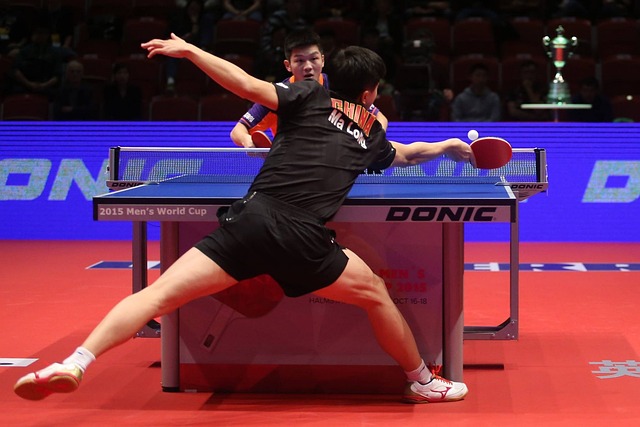Sports betting has evolved far beyond placing a simple wager with a traditional bookmaker. One of the biggest shifts has been the rise of betting exchanges, platforms where players bet against each other instead of against the house. To build a smart betting approach, it’s crucial to understand how these two systems work, how odds are set, and how each affects risk and potential profit. The goal is not to choose one permanently, but to know when each offers the best value.
How Traditional Bookmakers Work
Traditional bookmakers set the odds for every event and act as the opposing side of your bet. If you win, the bookmaker pays you. If you lose, the bookmaker keeps your stake. Because the bookmaker takes on the risk, they also build a margin into the odds, ensuring profit over time.
This structure makes traditional sportsbooks simple to use. You pick your bet, accept the odds, and place your stake. However, this convenience comes at a cost in the form of lower returns compared to a perfectly balanced market.
Before going deeper, it’s important to note that bookmakers are designed to protect themselves. Odds may shift not only based on real-world conditions but also to balance the book and minimize risk.
Advantages of Bookmakers
- Easy to understand and beginner-friendly.
- Wide coverage of sports, leagues, and bet types.
- Promotions such as bonuses, boosts, and loyalty rewards.
Drawbacks
- Odds include a house margin, reducing long-term profit potential.
- Limited flexibility; you can only back outcomes, not lay them.
- High-risk bettors may face bet limits or account restrictions.
How Betting Exchanges Work
Betting exchanges connect bettors directly. Instead of betting against a bookmaker, you bet against other users. The platform itself does not set odds. Instead, odds are formed through supply and demand. One user offers odds (“makes the market”), while another accepts them.
The exchange takes a small commission from winning bets, but because there is no built-in house margin, odds are often more favorable. Exchanges also allow players to lay bets, meaning you can bet on something not happening.
This approach gives you more control but requires a more strategic mindset.
Key Features of Betting Exchanges
- You can place back bets (betting an event will happen).
- You can place lay bets (betting an event will not happen).
- Odds tend to be sharper because they reflect market opinion, not house profit targets.
Comparing Bookmakers and Exchanges

Before reviewing strategy implications, it helps to see the core differences side-by-side.
| Feature | Bookmaker | Betting Exchange |
|---|---|---|
| Who You Bet Against | The house | Other players |
| Odds Setting | Set by bookmaker | Set by market demand |
| Ability to Lay (Bet Against) | No | Yes |
| Pricing Transparency | Lower | Higher |
| Best For | Casual bettors | Strategic bettors/traders |
This table highlights that exchanges offer flexibility and sharper pricing, while bookmakers deliver simplicity and accessibility.
When to Use a Bookmaker vs an Exchange
Choosing between a bookmaker and an exchange isn’t an either/or decision. The best bettors use both depending on the situation. Exchanges often provide better odds for favorites and high-liquidity markets, such as major league matches. Bookmakers may offer better bonuses or promotions that improve expected value.
Before placing a bet, consider your goal. If you need speed and simplicity, a bookmaker might be better. If you want the highest possible return or to hedge your position mid-game, an exchange gives more tools.
Practical Guidelines
- Use exchanges when you want the best raw odds.
- Use bookmakers for small leagues or niche sports with low exchange liquidity.
- Use exchanges to hedge live bets or lock in profit before the game ends.
- Use bookmakers when promotions boost value beyond market rate.
Which Option Is More Profitable?

In purely mathematical terms, exchanges offer better long-term potential because odds are closer to real probabilities. However, success on an exchange requires patience, price awareness, and sometimes waiting for someone to match your offered odds. Bookmakers reward convenience but give up value through margins.
The more experience you gain in reading markets, the more the exchange model becomes attractive. But beginners often start with bookmakers due to their simplicity and guidance tools.
Conclusion
Bookmakers and betting exchanges serve different types of bettors and situations. Bookmakers are straightforward, widely available, and offer structured promotions. Betting exchanges are more flexible, more transparent, and can offer better long-term value but require more skill and market awareness. A profitable bettor learns to use both, selecting whichever offers the best combination of odds, liquidity, and control for each bet.
